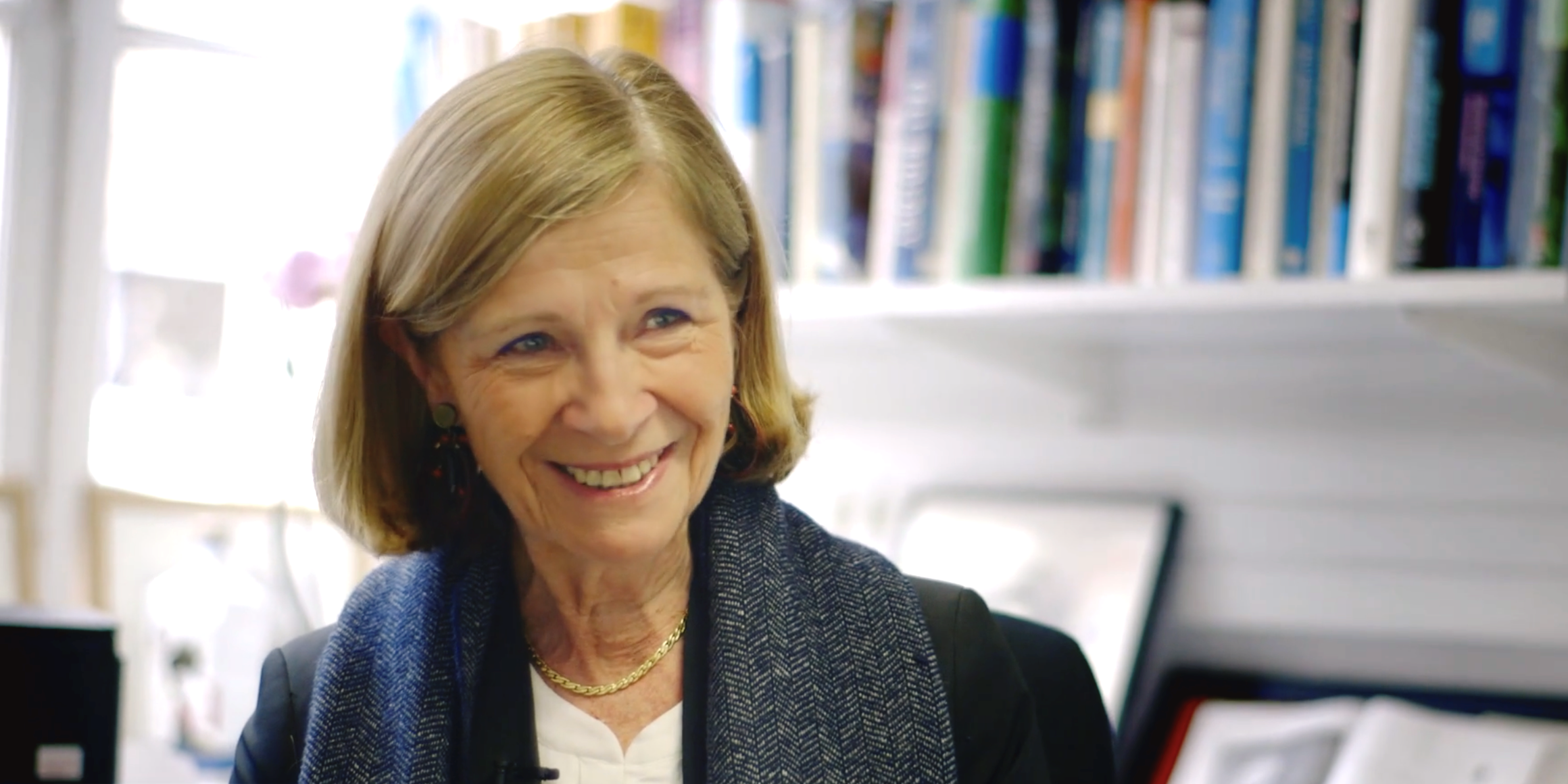

Jean-François Collet
The Collet Lab studies how bacteria deal with stress, including antibiotics.
Major achievements
- Discovery of novel antioxidant mechanisms in bacteria
- Joseph Maisin Award - Fundamental biomedical sciences from FRS-FNRS - 2020
- WELRI (WELBIO) Investigator since 2011
Recherche
Question
What are the molecular mechanisms that enable bacteria to detect stress in their environment and to mount a protective response?
Research focus

The discovery of penicillin in 1928 by Sir Alexander Fleming started the antibiotic revolution, which tremendously impacted human life by revolutionizing the treatment of infectious diseases worldwide. Before this revolution, the average life expectancy at birth was 46 years, even in the industrialized world. 50 years later, it was 72 years. This spectacular increase cannot only be attributed to antibiotics, but they played a large part in it. However, the battle against bacteria is far from over: antibiotic-resistant bacteria are on the rise and threaten modern medicine by eroding the efficacy of our antibiotic arsenal. According to the WHO, the rise of multidrug-resistant bacteria “is putting at risk the ability to treat common infections in the community and hospitals. Without urgent, coordinated action, the world is heading towards a post-antibiotic era, in which common infections and minor injuries, which have been treatable for decades, can once again kill. (…)”. It is therefore urgent to find novel therapies and strategies against antibiotic-resistant bacteria, a challenge that requires a deep understanding of bacterial biology.
Jean-Francois Collet and his team are contributing to the global effort to discover new antibacterial approaches by identifying novel protein machineries that play essential roles in bacterial physiology. Their primary objective is to gain a deeper understanding of how bacteria grow, and survive in constantly changing environments, with the ultimate goal of devising more effective methods to combat them.Specifically, the Collet lab focuses on investigating how bacteria protect and maintain their cell envelope. Given the vital role the cell envelope plays in bacterial viability, proteins involved in its biogenesis are attractive targets for the development of new antibiotics.Jean-François Collet and his team are therefore motivated to expand our fundamental understanding of the bacterial cell envelope. Additionally, they investigate antioxidant defense mechanisms that protect bacteria from reactive oxygen species, which can damage cellular components, including DNA, lipids, and proteins, ultimately leading to cell death.
Maladies
Bio
Jean-François Collet obtained his Master’s degree in Bioengineering from UCLouvain (Belgium) in 1995. He then joined the lab of Prof. Emile Van Schaftingen at the de Duve Institute, UCLouvain, where he obtained his PhD in Bioengineering in 2000. During his PhD, he cloned and sequenced the gene encoding human phosphoserine phosphatase. By characterizing the mechanism of this enzyme, he spearheaded the discovery of one of the largest family of phosphotransferases. In 2001, Jean-François moved to the laboratory of James Bardwell (University of Michigan). There, he became interested in the pathways that form disulfide bonds, which are required for the folding and stability of many secreted proteins, both in prokaryotes and eukaryotes. Importantly, he engineered a new pathway for forming disulfide bonds in bacteria. Jean-François started his own group at the de Duve Institute (UCLouvain, Brussels) in 2005. He decided to combine his expertise in biochemistry (PhD work) and microbiology (postdoctoral work) to contribute to a better understanding of the mechanisms by which bacteria adapt to always changing environmental conditions and respond to stress.
Honors
- Member of the Royal Academy of Medicine of Belgium - 2022
- Joseph Maisin Award - Fundamental biomedical sciences from FRS-FNRS - 2020
- Owner of a Francqui chair - University of Liège (2019-2020)
- Member of the Royal Academy of Belgium (2017)
- Henri Fauconnier Award from the “Académie royale de Médecine de Belgique” (2014)
- Alvarenga de Piauhy Award from the “Académie royale de Médecine de Belgique” (2010)
- De Somer Award (UCLouvain) (2010)
- Fredericq Award from the “Académie Royale des Sciences de Belgique” (2004)
- BAEF (Belgian American Educational Foundation) Alumni Award (2004)
- Sokol Postdoctoral Award (USA) (2003)
Affiliations
- Group Leader, de Duve Institute
- Co-director de Duve Institute (since 2019)
- Full Professor, Université catholique de Louvain (UCLouvain) (since 2019)
- Professor, UCLouvain (2013 - 2019)
- Investigator, WELBIO Department, WEL Research Institute (since 2010)
Equipe
Senior Investigators
Guest Investigators
Postdoctoral Scientists
PhD Students
Master Student
Research Assistants
Technical support

A molecular device for the redox quality control of GroEL/ES substrates
Dupuy E, Van der Verren SE, Lin J, Wilson MA, Dachsbeck AV, Viela F, Latour E, Gennaris A, Vertommen D, Dufrêne YF, Iorga BI, Goemans CV, Remaut H, Collet JF
Cell (2023) 186(5):1039-1049.e17
Structural insight into the formation of lipoprotein-β-barrel complexes
Rodríguez-Alonso R, Létoquart J, Nguyen VS, Louis G, Calabrese AN; Iorga BI, Radford SE, Cho SH, Remaut H, Collet JF
Nat Chem Biol (2020) 16(9):1019-1025
Repairing oxidized proteins in the bacterial envelope using respiratory chain electrons
Gennaris A, Ezraty B, Henry C, Agrebi R, Vergnes A, Oheix E, Bos J, Leverrier P, Espinosa L, Szewczyk J, Vertommen D, Iranzo O, Collet JF, Barras F
Nature (2015) 528(7582):409-12
Detecting envelope stress by monitoring β-barrel assembly
Cho SH, Szewczyk J, Pesavento C, Zietek M, Banzhaf M, Roszczenko P, Asmar A, Laloux G, Hov AK, Leverrier P, Van der Henst C, Vertommen D, Typas A, Collet JF
Cell (2014) 159(7):1652-64
A periplasmic reducing system protects single cysteine residues from oxidation
Depuydt M, Leonard SE, Vertommen D, Denoncin K, Morsomme P, Wahni K, Messens J, Carroll KS, Collet JF
Science (2009) 326(5956):1109-11

































